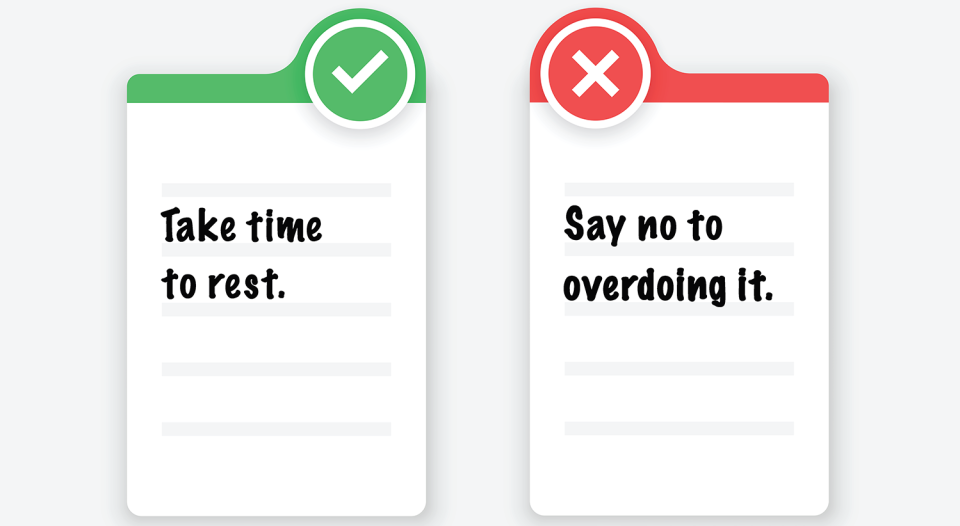Lectionary for July 21, 2024
Ninth Sunday after Pentecost
2 Samuel 7:1-14a; Psalm 89:20-37;
Ephesians 2:11-22; Mark 6:30-34, 53-56
Last month I wrote about Jesus’ lack of sustainability goals for himself. Mary, James and Jesus’ other siblings came to take charge of him when the ministry tempo was so fast that he couldn’t even eat. Jesus shook them off and got back to work. That is Jesus and, it needs to be said, we are not Jesus. He treated his disciples differently from the way he treated himself. This week we have narratives of Jesus, and God the Father, telling followers not to overdo it and commanding rest.
One of my favorite descriptions of prophetic action in Scripture is when Nathan the prophet completely failed to represent God’s wishes on the first try. David wanted to build a temple for God, and Nathan told him: “Go, do all that you have in mind, for the Lord is with you” (2 Samuel 7:3). This was an absolute swing and a miss. Later that night, God went to Nathan and said David was not to build a temple after all. I love God’s grace for Nathan when he spectacularly failed at his one job of seeking the word of God.
God also had a message of grace for David. The king didn’t need to spend his energy and resources to build a house for God. Instead, God would build a house/dynasty for David. God was pleased to dwell in a tent in the midst of God’s people, Israel. Furthermore, God was pleased to raise David from the position of shepherd to be the king of Israel. God would bless David’s son and allow him to build a house for God’s name. In the meantime, David should rest and not overdo it!
Now, a quick word about David’s son, who will also be God’s son (14a). Prophesy is polyvalent (readers can interpret it differently), of course, and so we are happy to apply some of these words to Jesus. I think that’s fair game. Also, we should notice that the verse doesn’t stop with the end of the lectionary reading. Nathan the prophet is told that David’s son will sin, and when he sins, God will discipline him through human punishments (14b). The psalmist picks up this same language about David’s sinning son (Psalm 89:30-32). At least when Nathan spoke to David, this prophesy was entirely about Solomon, who built the temple for God and was a rampant idolator and supported abusive labor practices. It seems Solomon, too, could have settled down and done less.
This week we have narratives of Jesus, and God the Father, telling followers not to overdo it and commanding rest.
Hundreds of years later, Jesus’ disciples were feeling a little exhausted. They had met with great success on their missionary training journeys and were excited to tell Jesus about their adventures. But so many people were coming and going that they not only didn’t have space to tell Jesus their stories but they couldn’t even eat (Mark 6:31). This has every ingredient of a stressful time to me—too much noise, too many people, too few calories. I would have blown up!
But look at what Jesus did. After his disciples had journeyed on their own, Jesus took them on a calm journey in boats. They had solitude, they had peace, they had conversations, and they could have a fish sandwich. Finally, the disciples could tell their teacher of their exploits, and Jesus could give them the attention and feedback they craved from their master.
When they finally landed, however, the crowd had arrived and was desperate for a word from Jesus. Note the specificity in the text: Jesus got out of the boat, not the disciples (34). He taught the people and then healed their sick, wounded and possessed (53-56). Jesus, as a master teacher, knew how to segment the learners. For the crowds, he taught them something they could understand about the kingdom of heaven. For his disciples, who were in training to be as much like him as they could, Jesus gave a practice mission—going from town to town to heal and teach about the kingdom of heaven. When they came back from such a mission, Jesus saw that they were squeezed, harried and unable to eat. Not wanting them to immediately resume their normal duties, he arranged an onboard debriefing session. Hey, disciples, don’t overdo it!
The harvest is plentiful, but the workers are few (Matthew 9:37). There is so much work to do in the kingdom of heaven. But, as Rumi, a 13th-century Persian poet and scholar, reminds us: “Ours is not a caravan of despair.” Jesus lovingly cautions us to not overdo it.





